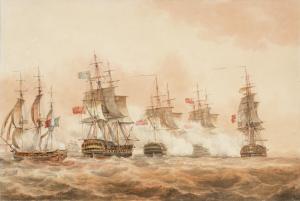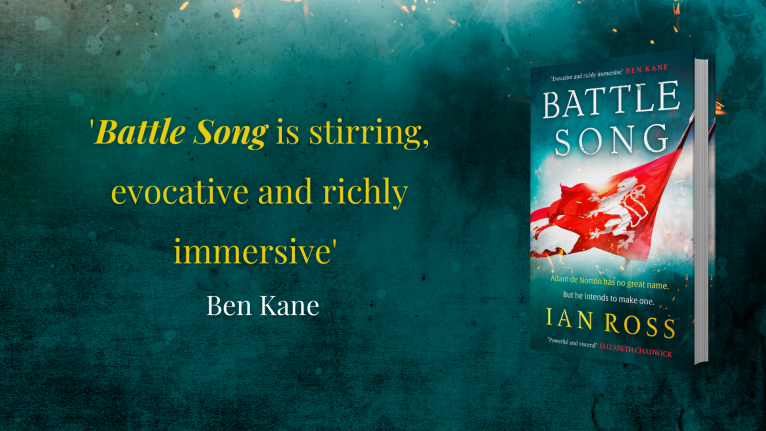The Battle of Lissa: History’s Forgotten Naval Encounter
Everyone remembers the Battle of Trafalgar and indeed ‘Trafalgar Day’ is celebrated every October 21 with commemorative dinners and ceremonies around the UK. But in the course of research for my latest Kydd tale Balkan Glory I came across another naval engagement that deserves more than a footnote in history, the Battle of Lissa.
It was a fleet action, like Trafalgar, but performed entirely by frigates! And in this sense it was a modern engagement, reminiscent of the fierce destroyer flotilla actions of the Second World War.
Also known as the Battle of Vis, it was fought between a British frigate squadron and a much larger squadron of French and Italian frigates on Wednesday, 13 March, 1811 during the Adriatic campaign of the Napoleonic Wars.

The engagement was fought for possession of the strategically important Croatian island of Vis (Lissa in Italian), from which the British squadron had been disrupting French shipping in the Adriatic. The French needed to control the Adriatic to supply a growing army in the Illyrian Provinces, and consequently dispatched an invasion force in March 1811 consisting of six frigates, numerous smaller craft and a battalion of Italian soldiers.
The French invasion force under Bernard Dubourdieu was met by Captain William Hoste and his four ships based on the island. In the subsequent battle, Hoste sank the French flagship, captured two others, and scattered the remainder of the Franco-Venetian squadron.
My hero Thomas Kydd’s role in this action is based on Hoste, who raised the inspiring signal ‘Remember Nelson’ at the onset of the conflict.
Casualties of the action were heavy on both sides. The British ships suffered 190 killed or wounded in the battle and a number lost afterwards in a fire aboard one of their ships. Total French and Italian deaths are estimated at over 700. Fatalities among the officers of the combined squadron were especially high.
The Battle of Lissa was the death knell for Napoleon Bonaparte. Victory robbed him of an open road to India, and the world had a devastating sequel. Maddened by frustration he turned on a friend: he sent an army of half a million men marching against the Tsar of Russia. But they were equipped for the Adriatic, not a Russian winter and from that point on the end was in sight for Bonaparte.
The heroism at Lissa had saved the world – and we should salute the extraordinary battle-craft and seamanship of the Royal Navy, displayed here at it highest flowering.
Pre-order Balkan Glory by Julian Stockwin here.







